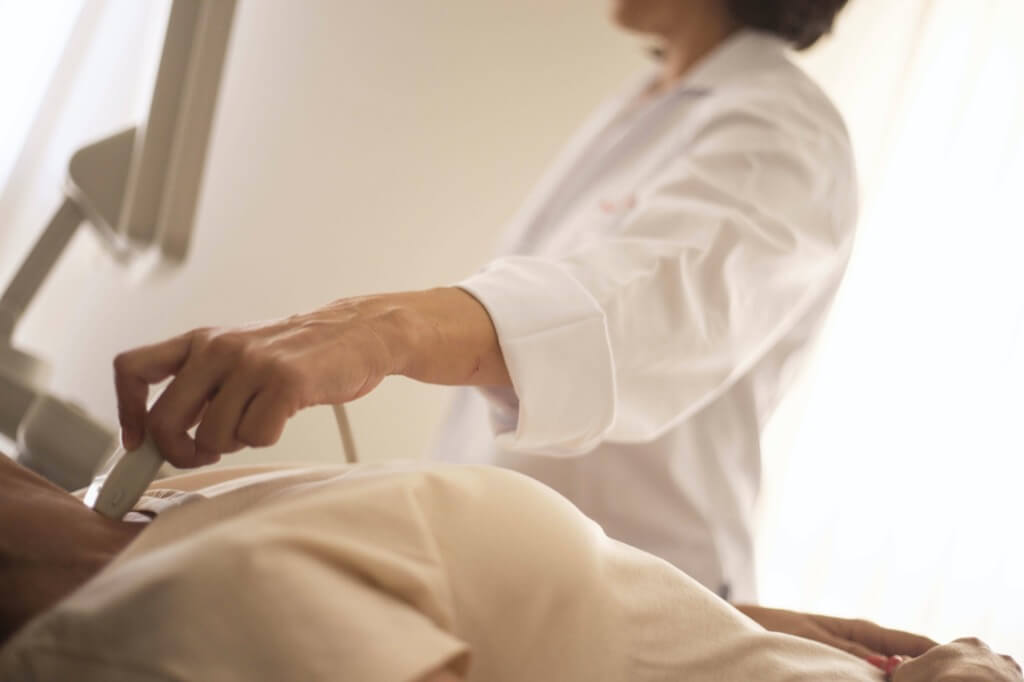Thyroid nodules, a prevalent health concern in Africa and beyond, often bring up a mix of emotions. For most, the journey begins with a surprise. Here’s a breakdown tailored for the readers of Africa Nova.
What are Thyroid Nodules, and Why are They a Buzz?
The thyroid, the metabolism-controlling gland sitting gracefully in our neck, is essential for our vitality. And nodules? These are just lumps, either fluid-filled or solid, appearing within the thyroid. For most, they’re silent passengers, not causing any discomfort. However, for a few, they can signal discomfort or altered hormone production. Interestingly, they seem to have a fondness for women and the elderly, with over 50% of scanned individuals showcasing these small nodules.
Why Women and the Age Link?
It’s intriguing how women become the prime candidates for thyroid nodules, with a likelihood three times more than men. As life’s clock ticks, these nodules become more common. By 30, about 30% of women may find a nodule companion, and by 70, a whopping 70% might. Radiation and conditions like Hashimoto’s disease further amplify these changes. But, take heart; while many might have these nodules, only a minimal fraction needs medical intervention.
Surprising Discoveries and Accidental Finds
With the boom in clinical imaging and routine check-ups, especially among the elderly, many nodules are being discovered unintentionally. A routine ultrasound or CT scan might reveal what one never knew existed.
Is it Cancer?
The word ‘nodule’ might bring a chill, but here’s a comforting fact: recent studies reveal that a mere 10% of individuals with thyroid nodules face cancer risks. Factors like radiation exposure, family history, weight, and even being diagnosed under the age of 20 can elevate risks. Tell-tale signs that call for attention include large, firm nodules and enlarged lymph nodes causing discomfort in the neck. Always loop in your doctor about any thyroid-related concerns, as sometimes observation is better than hurried actions.
The Global Challenge: Overdiagnosis and Overtreatment
The world, including Africa, is facing a peculiar challenge: the surge in thyroid cancer diagnoses without a corresponding rise in mortality. It signals potential overdiagnosis and unnecessary treatments, leading to heightened anxiety and unwarranted expenses. The American Thyroid Association is addressing this, recommending against routine biopsies for nodules under 1 centimeter. Hence, new systems are in place to minimize unnecessary procedures.
Awareness is Power
A 2020 Australian survey highlighted a glaring knowledge gap about the pitfalls of overdiagnosing low-risk thyroid tumors. The call is clear: better community education and more refined clinical guidelines.
Things to Ponder
Discovering a thyroid nodule isn’t a death sentence. Most nodules are harmless passengers. However, diving deep without need can lead to overdiagnosis, overtreatment, and added costs. As you navigate this journey, ensure informed discussions, keeping the well-being of both the diagnosed and their loved ones in focus.
Understanding Your Thyroid Nodules
Navigating the path of thyroid nodules can be overwhelming. But with a little guidance, you can sail through this journey with confidence. Here’s what you should know if you or someone close to you might be concerned.
Recognizing the Symptoms
Before jumping to conclusions, it’s essential to identify if your nodules are symptomatic. Remember, many nodules are silent, causing no apparent symptoms. However, if you notice pressure in the neck, difficulty swallowing, or breathing challenges, it might be time to consult your doctor.
Risk Assessment: Are You at Higher Risk?
Certain factors can increase your risk of developing thyroid nodules. Being a woman, advancing in age, having a history of radiation exposure or Hashimoto’s disease are among them. If any of these apply to you, regular check-ups are advisable.
Stay Calm and Avoid the C-Word Panic
The fear of cancer is real but remember, only about 10% of thyroid nodules are cancerous. Stay calm and avoid jumping to conclusions. Always rely on medical tests and expert advice rather than speculations.
Regular Screenings: A Boon in Disguise
With advancements in medical imaging, the detection of thyroid nodules has become more common. If you belong to a high-risk group, such as older age or with a history of radiation exposure, consider periodic screenings to stay ahead.
Involve Your Physician
Even if your nodules are not causing discomfort, it’s always wise to inform your doctor about any changes or symptoms. They can advise on the best course of action, whether it’s more tests, observation, or even reassurance.
FAQs: Quick Answers to Common Concerns
- Q: How common are thyroid nodules?A: Quite common. In fact, by the age of 70, around 70% of women might have at least one nodule.
- Q: Should every thyroid nodule be biopsied?A: No. The American Thyroid Association recommends against routine biopsies for nodules under 1 centimeter.
- Q: Is overdiagnosis of thyroid nodules a real concern?A: Yes. Due to advanced imaging techniques, there’s been an increase in thyroid cancer diagnoses without a rise in mortality, indicating potential overdiagnoses.
- Q: What if my thyroid nodule is painful?A: If you experience pain or any form of discomfort, consult your doctor immediately.
Be Your Advocate
Knowledge is power. Stay informed, ask questions, and remember that you have a say in your healthcare journey. Empower yourself with information and make decisions in collaboration with your healthcare provider.
The Anxiety of Unexpected Discoveries
While advancements in medical imaging have paved the way for early detection of many conditions, the incidental discovery of thyroid nodules often brings with it an unexpected wave of anxiety and worry. For many, the mere mention of nodules, even if benign, can stir fears of cancer or other severe conditions.
Overdiagnosis and the Overtreatment Dilemma
With the rise in the detection of thyroid nodules, there’s been an unfortunate increase in overdiagnosis. This means that many individuals are diagnosed with conditions that might not cause harm in their natural course. As a result, they may undergo unnecessary treatments or interventions that not only expose them to unwarranted medical risks but also burden them with medical expenses.
The Financial Strain of Unneeded Procedures
Being diagnosed with a thyroid nodule often leads to a cascade of medical tests and procedures to ensure that it isn’t cancerous. This increased medical surveillance, while sometimes necessary, can lead to significant out-of-pocket expenses for tests and treatments that might not have been essential in the first place.
The Emotional Toll of Living with Uncertainty
Even if a thyroid nodule is benign, living with the knowledge that there’s a ‘lump’ in the body can be mentally distressing. This constant reminder can affect one’s emotional well-being, leading to persistent stress, sleep disturbances, and even a decrease in overall life satisfaction.
Potential Complications from Unneeded Interventions
Overdiagnosis often paves the way for overtreatment. This means that patients might undergo surgeries or treatments that they don’t need. Surgical interventions come with their own set of risks, such as infections, scarring, and potential complications from anesthesia. Moreover, treatments like unnecessary thyroid removal can lead to a life-long dependence on thyroid medications.
Navigating the Web of Mixed Medical Opinions
Once thyroid nodules are detected, patients might find themselves receiving mixed medical opinions. Some doctors might recommend a watch-and-wait approach, while others may suggest immediate intervention. This discrepancy in advice can be confusing for patients, making it challenging to decide the best course of action.




